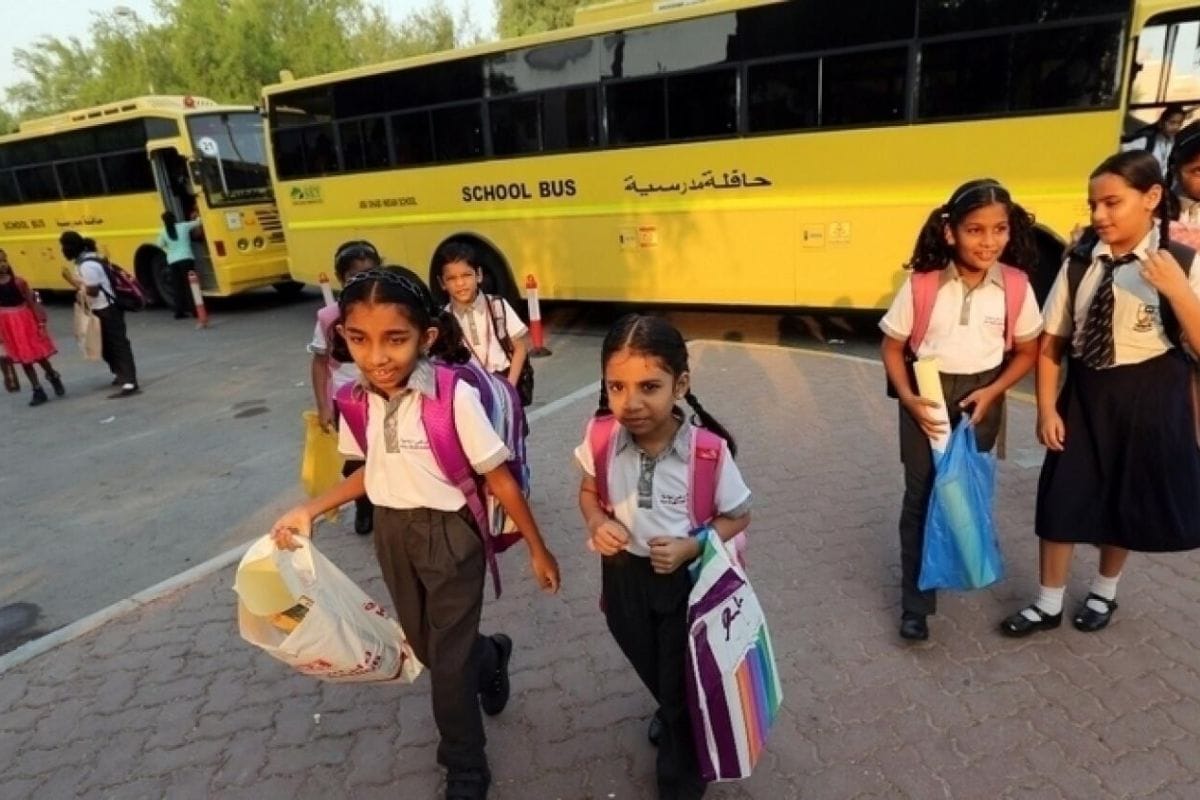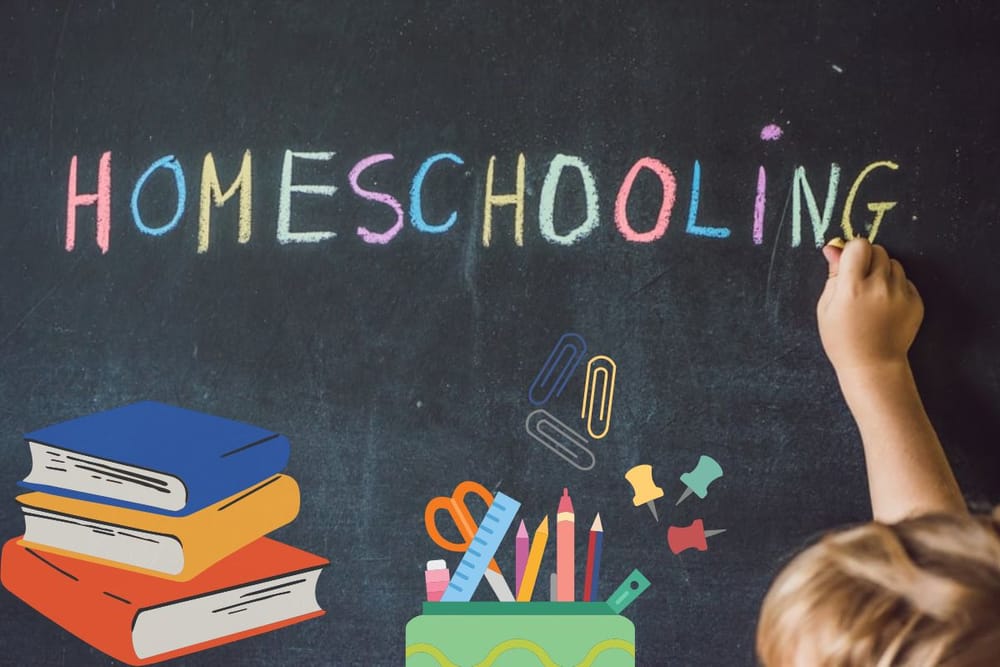Homeschooling has evolved significantly over the past few decades, gaining traction worldwide as a viable alternative to traditional education. Initially, homeschooling was primarily associated with religious or ideological reasons. Families who wanted to integrate their beliefs and values into their children's education often chose this path. However, over time, the reasons for homeschooling have diversified.
Global Evolution of Homeschooling
In the United States, homeschooling became more prominent in the late 20th century, driven by educational reform movements and dissatisfaction with public school systems. The Home School Legal Defense Association (HSLDA) played a crucial role in advocating for homeschooling rights, leading to its legal acceptance across all states by the early 1990s.
Countries like Canada, the UK, and Australia have also seen a steady increase in homeschooling. In Canada, the flexibility and personalized approach have attracted many families, while in the UK, the rise of homeschooling is partly due to concerns over school performance and safety.
Homeschooling in the UAE
Homeschooling in the UAE has seen a gradual rise, particularly accelerated by the COVID-19 pandemic. The pandemic highlighted the potential of alternative education methods as schools transitioned to online learning. Many parents observed the benefits of having a more direct role in their children's education and continued homeschooling even after schools reopened.
The UAE government has been supportive of this shift, providing resources and legal frameworks to facilitate homeschooling. The Ministry of Education (MOE) allows homeschooling for students who meet certain criteria and offers support through educational materials and exam administration.
Exploring the Reasons Behind the Shift to Homeschooling
Personalized Education
One of the primary reasons parents are choosing homeschooling is the ability to provide a personalized education tailored to their child's unique needs and learning style. Traditional schools often follow a one-size-fits-all approach, which may not cater to every student's strengths and weaknesses. Homeschooling allows parents to design a curriculum that emphasizes their child's interests, pace of learning, and preferred methods of instruction.
Safety Concerns
Safety concerns have become increasingly significant in the decision to homeschool. The COVID-19 pandemic highlighted the vulnerability of crowded school environments, prompting parents to seek safer alternatives. Even beyond the pandemic, issues like bullying, school violence, and health risks associated with large groups of children have made homeschooling a more appealing option.
In the UAE, where expatriate families are common, homeschooling can provide a consistent and controlled environment, especially for families that frequently relocate. This stability is crucial for maintaining a child's educational progression without the disruptions that can occur with frequent school changes.
Flexibility and Freedom
Homeschooling offers unparalleled flexibility in scheduling, which is a significant advantage for many families. This flexibility allows for a better balance between academics, extracurricular activities, and family time. Parents can plan lessons around travel, and family events, and even take advantage of off-peak times for activities and outings, which can be less crowded and more enjoyable.
For expatriate families in the UAE, this flexibility is particularly valuable. Parents can adjust the academic calendar to fit in with holidays and trips back to their home countries, ensuring that children do not miss out on important family connections and cultural experiences.
Special Needs and Learning Disabilities
Homeschooling provides a conducive environment for children with special needs or learning disabilities, offering individualized attention and customized teaching methods that might not be available in traditional schools. Parents can adapt the curriculum and teaching techniques to better suit their child's specific requirements, making learning more effective and enjoyable.
In the UAE, there are numerous resources and support groups for parents homeschooling children with special needs. These communities offer advice, and shared experiences, and often organize joint activities, ensuring that both parents and children have the support they need.
Academic Performance
Studies have shown that homeschooled children often perform better academically than their peers in traditional schools. According to a study by the National Home Education Research Institute, 78% of peer-reviewed studies on academic achievement indicate that homeschooled students perform significantly better than those in institutional schools (GulfNews). This trend holds true across various regions, including the UAE, where homeschooled students have been found to excel in standardized tests and university admissions.
Impact of Technology
Online Resources and Virtual Classrooms
Technology has significantly enhanced homeschooling by providing access to extensive online resources and virtual classrooms. Platforms like Khan Academy, Coursera, and EdX offer a wide range of courses, making high-quality education accessible and customizable to each student's needs. Initiatives like the UAE School Digital Platform support both traditional and home-based education by offering comprehensive educational materials.
Educational Apps and Tools
Educational apps and tools have become integral to homeschooling, providing interactive and engaging learning experiences. Apps like Duolingo for languages, Mathway for mathematics, and Scratch for coding make learning more interactive. These tools also include apps focusing on Arabic language and Islamic studies, which help integrate cultural education with academics.
Connectivity and Global Learning Communities
The internet enables homeschoolers to connect with global learning communities through social media groups, forums, and online co-ops. These platforms allow students and parents to share resources, tips, and support, fostering a collaborative learning environment. Local homeschooling associations like DUNEHA also provide community support and organize activities, enhancing the homeschooling experience.
Socialization and Extracurricular Activities
Concerns about socialization in homeschooling are common, but homeschooled children have numerous ways to engage with peers and communities, especially in the UAE.
- Homeschool Co-ops: Groups like the Dubai and Northern Emirates Homeschool Association (DUNEHA) organize regular meet-ups, group classes, and social activities. These co-ops facilitate collaborative learning and social interaction among homeschooled children.
- Community Groups and Activities: Homeschooled children can participate in local sports teams, art classes, and music lessons available in community centers across the UAE. Programs like those offered by the Dubai Sports Council and various art institutions provide ample opportunities for social engagement.
- Online Communities: Virtual clubs and online learning platforms enable interaction with peers globally. Platforms like Outschool offer interactive classes where children can connect with others who share similar interests.
- Field Trips and Cultural Activities: Families can organize educational trips to places like the Dubai Museum, Sheikh Zayed Grand Mosque, and the Sharjah Science Museum. These trips offer both learning and social experiences, helping children to interact in diverse environments.
- Extracurricular Classes and Clubs: Institutions such as the Children's City in Dubai and the Abu Dhabi Cultural Foundation offer workshops and clubs specifically designed for children, providing additional social interaction outside the home.
Legal and Administrative Aspects of Homeschooling
Homeschooling in the UAE is a viable option for both Emirati and expatriate families, but it comes with specific legal requirements and administrative considerations, especially if you plan on reintegrating your child into the traditional education system later on.
Parents must register their homeschooling setup with the Ministry of Education. This includes providing proof of curriculum and educational materials. Regular assessments and exams are conducted by the Ministry to ensure educational standards are met.
Resources for Parents
- Local Homeschooling Groups: Organizations like the Dubai and Northern Emirates Homeschool Association (DUNEHA) and the Abu Dhabi HomeSchoolers Association (ADHSA) offer support and resources to homeschooling families. These groups provide a platform for sharing experiences, organizing social activities, and navigating legal requirements.
- Online Platforms: Families can access various online educational platforms such as Khan Academy, Coursera, and EdX, which are available in the UAE and provide a wide range of courses and learning materials.
- Curriculum Choices: Parents can choose from various curriculums like the American K-12, British National Curriculum, and others that suit their educational goals. It’s crucial to select an accredited program to ensure educational quality and acceptance by universities and other educational institutions later on.
Most parents opt to register with a homeschooling board from their home country, such as the U.S. or the U.K., to ensure their child's education is internationally recognized.
Challenges Faced by Homeschooling Parents and How to Overcome Them
Balancing Multiple Roles
Homeschooling parents often need to switch between the roles of parent, teacher, and homemaker, which can be overwhelming. Establishing clear boundaries and specific school hours can help manage expectations. Using organizational tools like planners or digital calendars to delineate these roles can make transitions smoother and reduce stress.
Juggling Responsibilities
Managing household chores, preparing meals, and maintaining a clean home while homeschooling can be challenging. Integrating chores into the homeschooling day can help. Assigning age-appropriate tasks to children not only teaches them responsibility but also lightens the parental load. Planning and prepping meals in advance can save time and reduce daily stress.
Keeping Children Motivated
Maintaining children's motivation can be difficult, especially with varied ages and learning styles. Tailoring lessons to include topics that interest your child can make learning more engaging. Utilizing active learning methods such as experiments, field trips, and hands-on projects can keep children interested. Offering choices within the curriculum and setting achievable goals can also enhance motivation.
Handling Resistance
Children may show resistance to learning, leading to frustration. Incorporating their interests into lessons and emphasizing interactive and practical activities can help. Establishing a reward system for achievements can also motivate children. Creating a dedicated and structured workspace free from distractions can foster a conducive learning environment.
Managing Socialization
Ensuring adequate social interaction for homeschooled children is a common concern. Joining local homeschooling groups or co-ops can provide social opportunities. Enrolling children in sports, art classes, and community activities can also facilitate socialization. Regular playdates and group learning sessions with other homeschooling families can enhance social skills.
Teaching Multiple Children
Homeschooling multiple children at different grade levels can be complex. Using a multi-age or unit study approach allows siblings to learn together on certain subjects, making it easier to manage. Tailoring individual lesson plans to meet each child's needs ensures that their specific educational requirements are addressed.
Dealing with Burnout
Homeschooling can lead to burnout for both parents and children. Recognizing the signs of burnout and taking regular breaks is essential. Engaging in self-care activities, practicing mindfulness, and seeking support from homeschooling networks can help. Ensuring a supportive home environment and taking time for personal activities can mitigate stress.
Adapting to Different Learning Styles
Every child has a unique learning style, and accommodating these can be challenging. Observing your child's preferences and adjusting teaching methods accordingly can be beneficial. Using a variety of resources such as videos, hands-on activities, and field trips can cater to different learning styles and keep education engaging.
Homeschooling offers a unique and flexible approach to education that addresses the specific needs of each child. Despite challenges such as balancing multiple roles, maintaining motivation, and ensuring socialization, parents can overcome these with effective time management, utilizing online resources, and engaging in community activities.
Research shows that homeschooled students often excel academically and socially, highlighting the effectiveness of this educational approach. As homeschooling continues to grow and evolve, it presents a viable alternative that can foster strong family bonds and individualized learning experiences, preparing students for future success.
Also Read:














